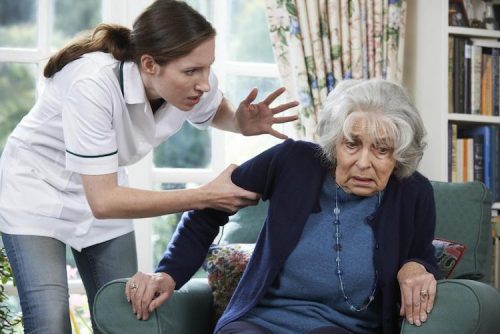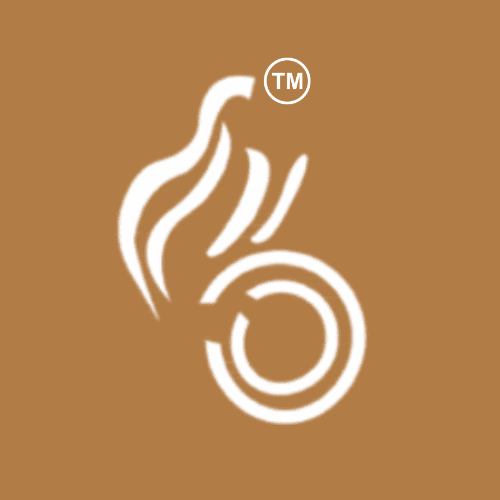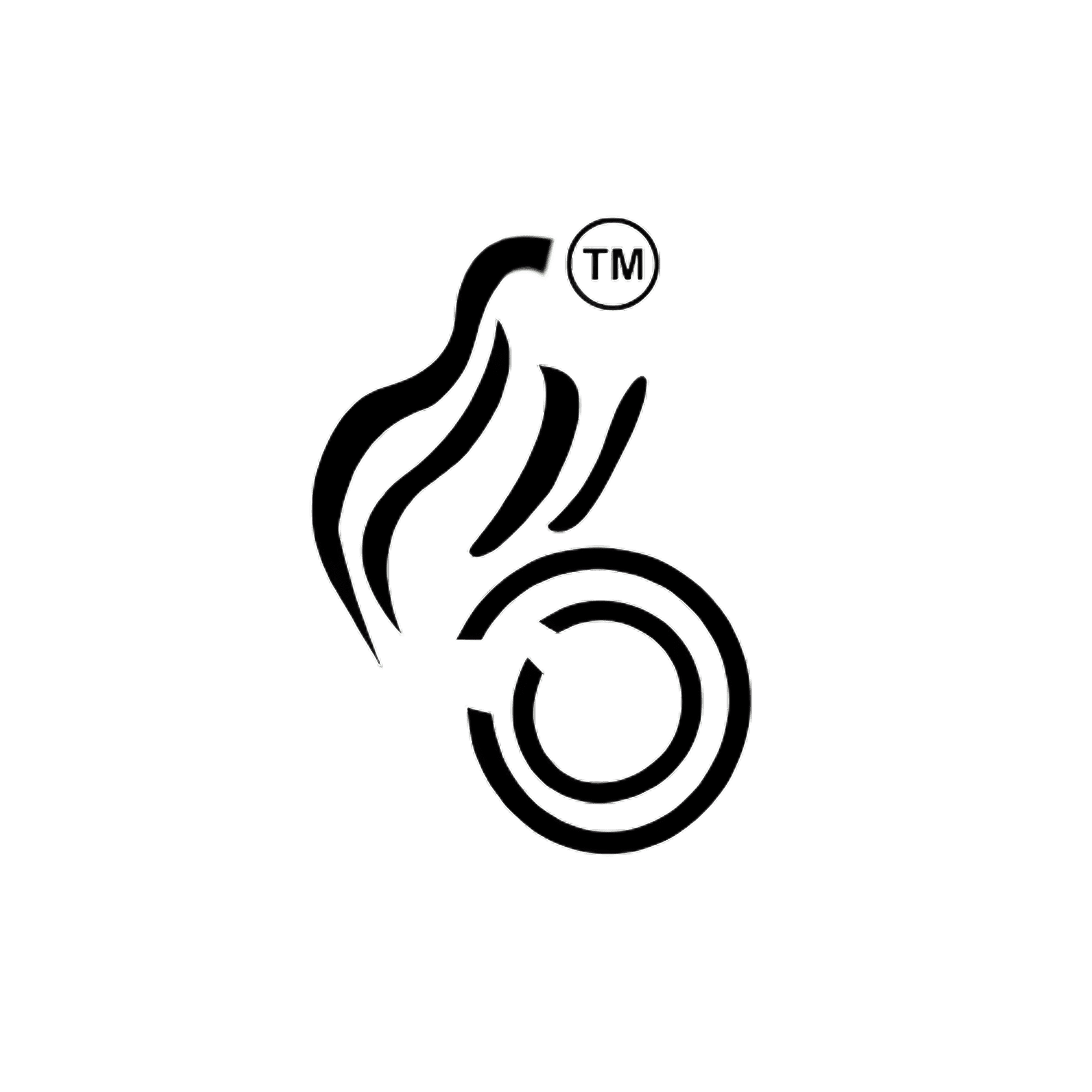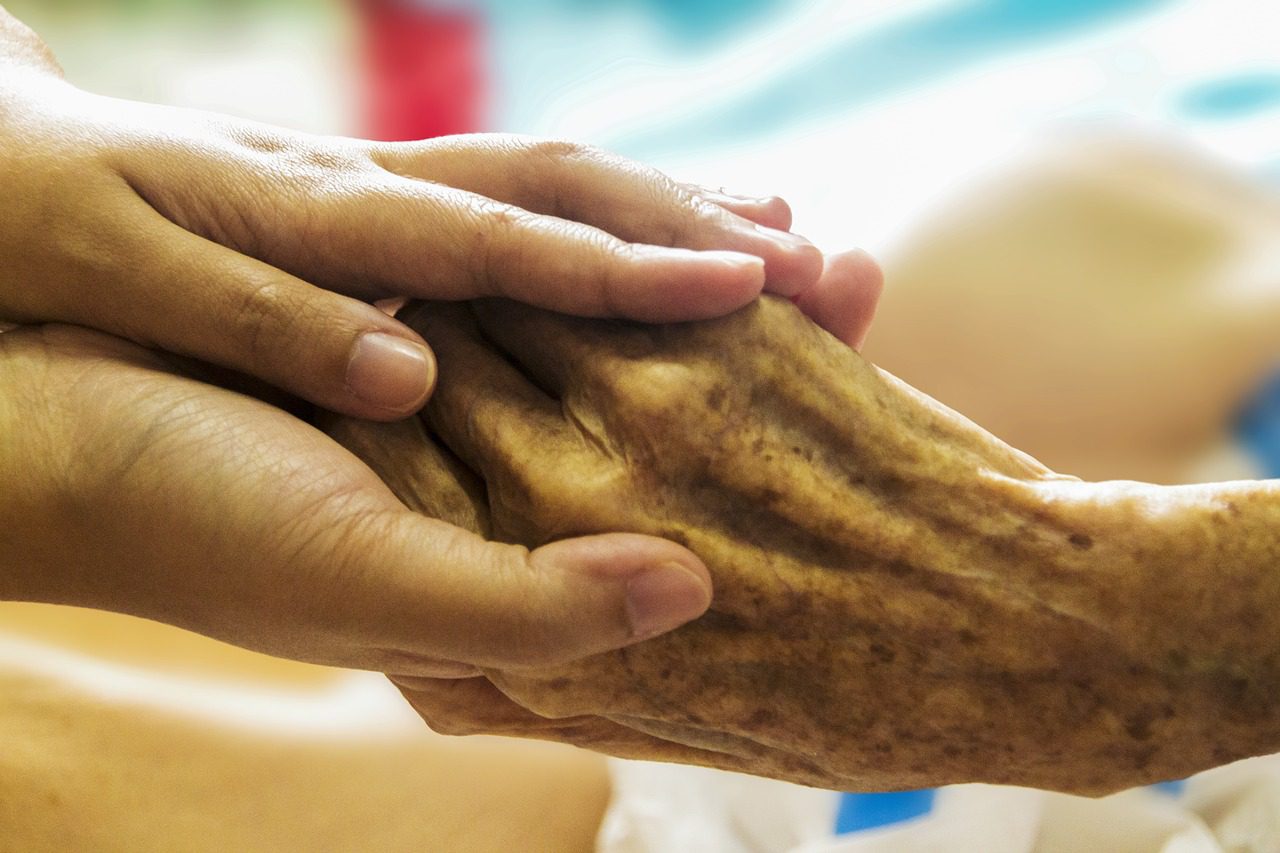Medical malpractice and neglect are unacceptable and should not be tolerated. However, identifying such incidents can be challenging, particularly when the victim is not oneself. Patients seek healthcare professionals’ care for various reasons, and it can be difficult to notice suspicious symptoms, especially when they are not easy to identify. When a loved one cannot communicate due to age or illness, it is possible for neglect and abuse to go unnoticed until it is too late.
The responsibility for medical malpractice and neglect lies solely with the negligent and abusive parties, and seeking justice is essential in such cases. Patients should have trust in their healthcare providers without having to be suspicious of possible wrongdoing. When trust is broken, and innocent individuals are harmed, it is crucial to take action.
Families should be aware of a wide range of signs and symptoms of medical malpractice, abuse, and neglect. Early detection and addressing of abuse can minimise the harm to the victim. While abuse may not always manifest as obvious bruises or errors, it can still be life-threatening. Sometimes, doing nothing can be the most dangerous action that a healthcare professional can take.
Common Forms of Nursing Home Neglect
Neglect and mistreatment are unfortunately not uncommon in nursing homes, where residents often suffer from dependence and illness that can make them vulnerable to abuse. Understaffing, inadequate training, and overpopulation in nursing homes can lead to overworked and stressed staff, who may neglect important tasks and care, and even violate the law.
Neglect can be as deadly as physical abuse, if not more so, and can take various forms, including:
- Social and emotional neglect, which can involve isolating residents from others or failing to provide mobility tools and care for those who cannot move themselves.
- Medical neglect, which can include failing to report or treat injuries and illnesses, such as bedsores, which can lead to deadly infections.
- Neglect of basic living needs, which can involve failing to maintain safe and comfortable living conditions, such as neglecting necessary cleaning and sanitising or providing inadequate food quality.
- Neglect of personal hygiene, which can involve failing to regularly bathe residents, change their clothes and sheets, or check on them, leading to discomfort and increased health risks.
It is important to note that neglect in one area may be an indication of neglect in others, and prompt action should be taken if neglect is suspected.
Institutional Cover Ups Are More Devastating
 A 2022 report from the World Health Organization (WHO) states that one out of every six individuals aged 60 or older experiences abuse in some form worldwide. The report also notes that nursing staff and long-term care facilities are not an exception to this trend, as two out of every three staff members reported having committed abuse against older adults.
A 2022 report from the World Health Organization (WHO) states that one out of every six individuals aged 60 or older experiences abuse in some form worldwide. The report also notes that nursing staff and long-term care facilities are not an exception to this trend, as two out of every three staff members reported having committed abuse against older adults.
In July 2021, a nursing home in Cape Town was shut down after it was found to be neglecting its residents. The facility had been operating without a license, and the elderly residents were living in appalling conditions. They were malnourished, dehydrated, and had developed bedsores. The nursing home had also failed to provide adequate medical care, and some residents were found to be suffering from infections and other health issues.
The Western Cape Department of Social Development intervened and evacuated the residents to different facilities. The owner of the nursing home was charged with contravening the Older Persons Act, which requires nursing homes to comply with specific safety and health standards. The case is ongoing, and the owner is facing legal consequences for the neglect of the residents under their care.
In October 2022, a family in Cape Town grew concerned when they suspected hospital staff was abusing an 86 year old woman who had been admitted after she suffered a fit and needed medical care and tests performed.
Her family received a call from the hospital telling them she jumped off the bed and hurt her head which needed stitches. The next day they got another call again saying she had jumped from the bed and she broke her arm.
This is when they blew a gasket because she was a frail woman who can’t even walk. “She is assisted at home with the best care. When she was admitted there wasn’t a scratch on her, but in two days she suffered injuries which they say she caused. She can’t even walk.” said a close relative.
Incidents like these frequently go unnoticed or masked away as accidents by those responsible, mostly you will find the management of these institutions covering up as they try frantically to protect their reputations at the expense of the patients which is even more dangerous and callous.
Seeking Justice for Nursing Home Abuse Victims


While prevention is always the best approach, it’s important to understand what steps can be taken if abuse does occur. Seeking justice for nursing home abuse victims is a critical part of holding perpetrators accountable and preventing future mistreatment.
The first step in seeking justice for nursing home abuse victims is to report the abuse to the appropriate authorities. This can include the nursing home administration, local law enforcement, or state adult protective services. Reporting the abuse promptly is crucial, as it can help stop the abuse from continuing and allow for an investigation to take place.
In addition to reporting the abuse, it’s important to seek medical attention for the victim. Even if there are no visible injuries, it’s important to have a medical professional examine the victim to ensure that there are no underlying health issues. The medical report can also serve as evidence in legal proceedings.
Once the abuse has been reported and the victim has received medical attention, it’s important to consult with an experienced attorney who specializes in nursing home abuse cases. An attorney can help the victim and their family understand their legal rights and options, and can assist with filing a lawsuit or other legal action against the nursing home and/or the abuser.
When pursuing legal action for nursing home abuse, it’s important to gather as much evidence as possible to support the case. This can include medical records, witness statements, and any other documentation related to the abuse. An attorney can help with gathering and organising the evidence to present a strong case.
It’s also important to consider the emotional toll that nursing home abuse can have on victims and their families. Seeking justice can be a long and difficult process, and it’s important to prioritise the victim’s emotional well-being throughout the process. This can include counselling and other forms of support to help the victim cope with the trauma of the abuse.
In conclusion
Seeking justice for nursing home abuse victims is an important step in holding perpetrators accountable and preventing future mistreatment. By reporting the abuse, seeking medical attention, consulting with an attorney, and gathering evidence, victims and their families can take action to pursue justice. It’s important to prioritise the victim’s emotional well-being throughout the process and to work with experienced professionals who can provide guidance and support.
It is important to note that you should not assume you have no case when so much is at stake. You and your attorney will need to prove a duty of care, a breach in that duty, and how that breach caused your or your loved one’s injuries. It may not be advisable to attempt this without legal assistance, but it is possible and worthwhile.
Siyamthanda Buku Attorneys Incorporated can assist victims of nursing home neglect and their families anywhere in South Africa in seeking justice. Whether the neglect occurred in a hospital or a nursing home, our experienced attorneys can help you determine who may be liable and build a solid case.
If you suspect that your loved one has been neglected or abused, it is important to gather as much information and detail as possible before contacting our firm for legal assistance. Our attorneys can help you determine the best course of action and work to secure compensation for any medical expenses, punitive damages, loss of enjoyment of life, current and future lost wages, pain and suffering, and more.
Contact us today to schedule a consultation and learn more about how we can help you and your loved ones.


